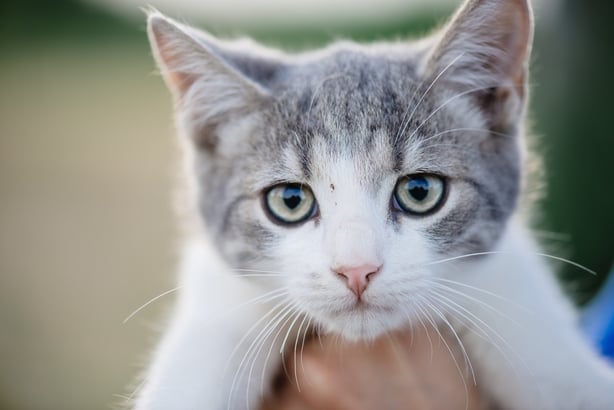There was a genuine outpouring of grief earlier this week when the world learnt of the passing of one of the world's most popular pets, Pudsey.
Speaking from personal experience, there are few days more heartbreaking than the day a beloved pet dies.
Having grown up with my own dog, Coco, from senior infants to my final year of college, the day he was put down will forever feature amongst the worst days of my life.
Earlier this week dog trainer Ashleigh Butler took to social media to announce the death of her dog and former Britain's Got Talent winner, Pudsey.
Despite having competed in the agility circuit in Crufts in March, Pudsey became unwell earlier this month and was diagnosed with leukaemia dying just days later.
However, when it comes to the death of an animal companion, society doesn't quite know how to deal with it.

There are often fears that any public expression of grief could be deemed dramatic by friends, employers and those who have not experienced such a loss.
According to a survey by UK firm Animal Friends Pet Insurance, one tenth of British pet owners have received counselling or taken antidepressants following the loss of their pet.
"The loss of a pet is more than the physical loss of an animal we share our lives with but a companion who sticks with us through good moods and bad", explains Gillian Bird of the DSPCA.
"Each person deals with loss in a different way and all we in the DSPCA would ask is that people show some respect when a person talks about the loss of a beloved pet, be it a dog, cat, rabbit, goldfish, etc", she says.

While some find solace in a kind of burial process, others find the best way to grieve is to offer another animal in need a new home. Many choose to own two animals of the same species of different ages to ease the pain of the passing of the elder pet.
In the case of Pudsey's trainer Ashleigh, she began training her second dog, Sully, four years ago in preparation for his retirement.
However, according to Bird, it is understanding from others rather than anything else that is central to helping a grieving owner.
"Empathy is the key word and is something we should teach children from a young age. Grief is grief be it the loss of a family member, a piece of precious jewellery, a stolen car or a pet, everyone deals with it differently and everyone should be allowed to express themselves without feeling embarrassed", she finishes.


